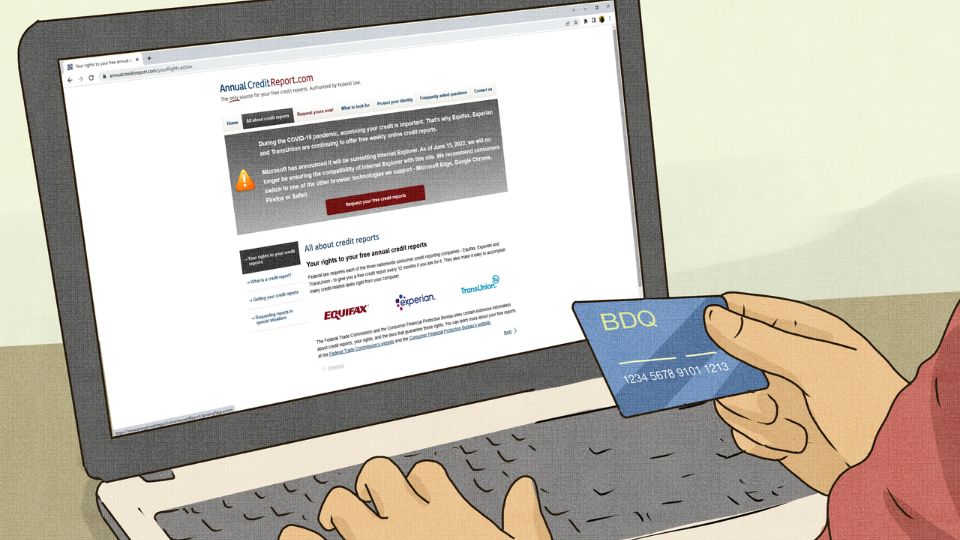If you have an eviction on your record, it may make it difficult for you to rent an apartment. If you want to have it removed, it is recommended to file a Motion of Expungement. This usually costs between $50 and $100. If you are thinking about hiring a lawyer, it could cost you anywhere between $1,000 and $3,000.
The best way to remove an eviction from your record is by having it expunged. When an eviction is expunged, it means that future landlords will not be able to see the eviction on your rental history. As a rental applicant, you can answer “no” when asked if you have ever been evicted. Here are eight steps you can follow to remove an eviction from your record.
Steps to Getting an Eviction Removed
Check Your State Laws
Before you can remove an eviction from your record, you need to find out the rules for expungement in your state. Make sure to check the laws in your state regarding expungement before attempting to have an eviction removed. Each state has its own specific rules and regulations.
Win Your Eviction Case
If the tenant wins the case, it is most likely that the eviction will be removed or cleared. This action shows that the landlord’s lawsuit was not based on facts or laws, which is a valid reason to have the eviction removed from public records.
Review Your Eviction Paperwork
If your landlord wins the case, it’s important to carefully go through all the documents related to the case. This includes the documents from the previous lease, eviction notice, Dispossessory Affidavit, and the final judgment. If you want to have the eviction removed, you need to find any other reasons for doing so. This can include important problems with your landlord’s argument, such as mentioning incorrect facts or laws.
Also Read: Must Check These 6 Richest Counties in New Jersey
Determine Your Expungement Type
There are three ways to remove an eviction from your record: inherent authority, statutory, and mandatory expungement. Inherent authority occurs when a court determines that it is more important for a tenant’s record to be cleared than for any future landlord to be aware of the case. Statutory involves a process called expungement, which is used when a landlord’s case was either seriously flawed, a result of retaliation, or had weak legal grounds. Finally, mandatory expungements only happen when the court has to remove an eviction from a tenant’s record because the landlord’s property was in foreclosure before the eviction was filed.
File Your Motion of Expungement
In some states, you can submit your expungement form by mail or by filing it online. However, it is usually recommended to personally deliver this document to the clerk at your local Magistrate Court. When submitting this form, please provide as much information as you can about your situation and why you believe you should be granted expungement. There is a fee for this paperwork, but some states have extra forms that allow you to avoid paying it.
Attend the Hearing
Not all states require a hearing. However, if you are one of the people who need to do this, you should be ready with a well-documented argument and any extra paperwork that your state requires. If your case is strong enough, it is likely that the court will agree to remove the eviction from your record.
Check the Court Record
After you have been granted an expungement, you can ask the court clerk to find out when the eviction will no longer be visible to the public. Make sure to regularly check your public record to confirm that the eviction has been removed.
Send Copies to Tenant Screening Companies
Tenant screening companies cannot report an eviction once they are aware that it has been expunged. After you have received your expungement, make sure to send copies of the document to your local tenant screening agencies. This will let them know to stop reporting the information right away.


Leave a Reply